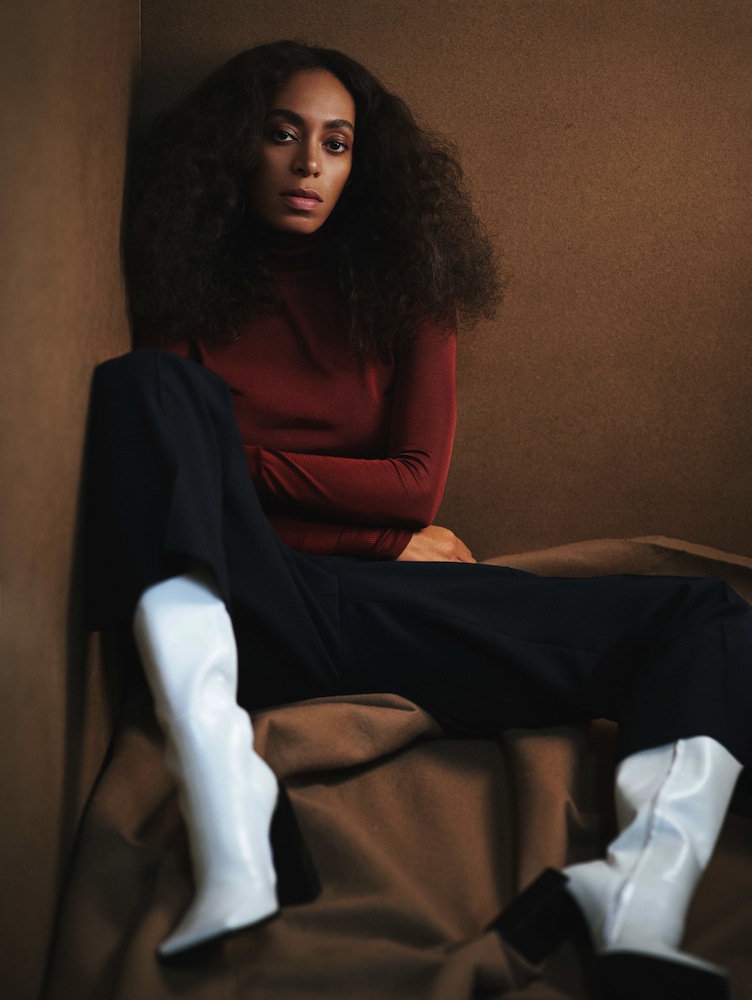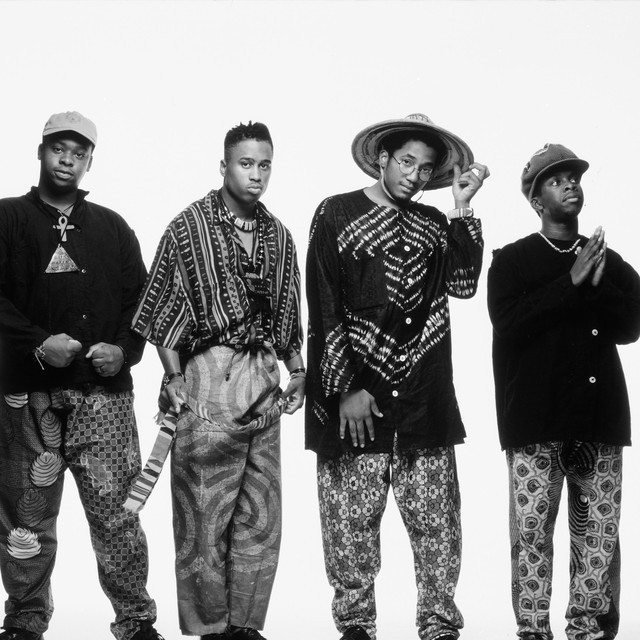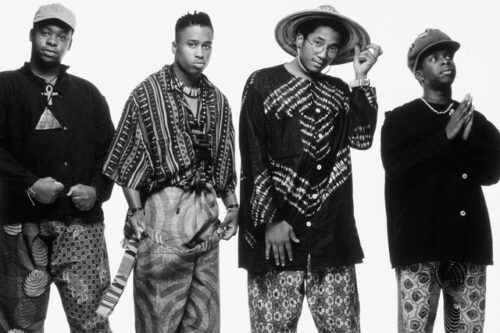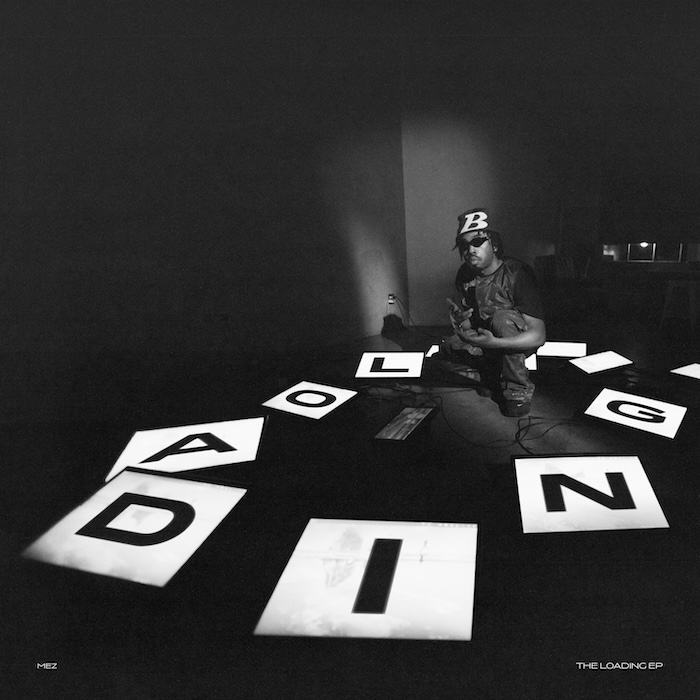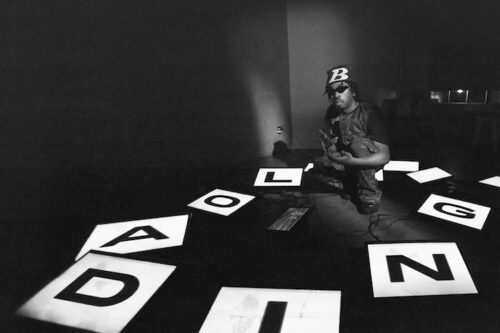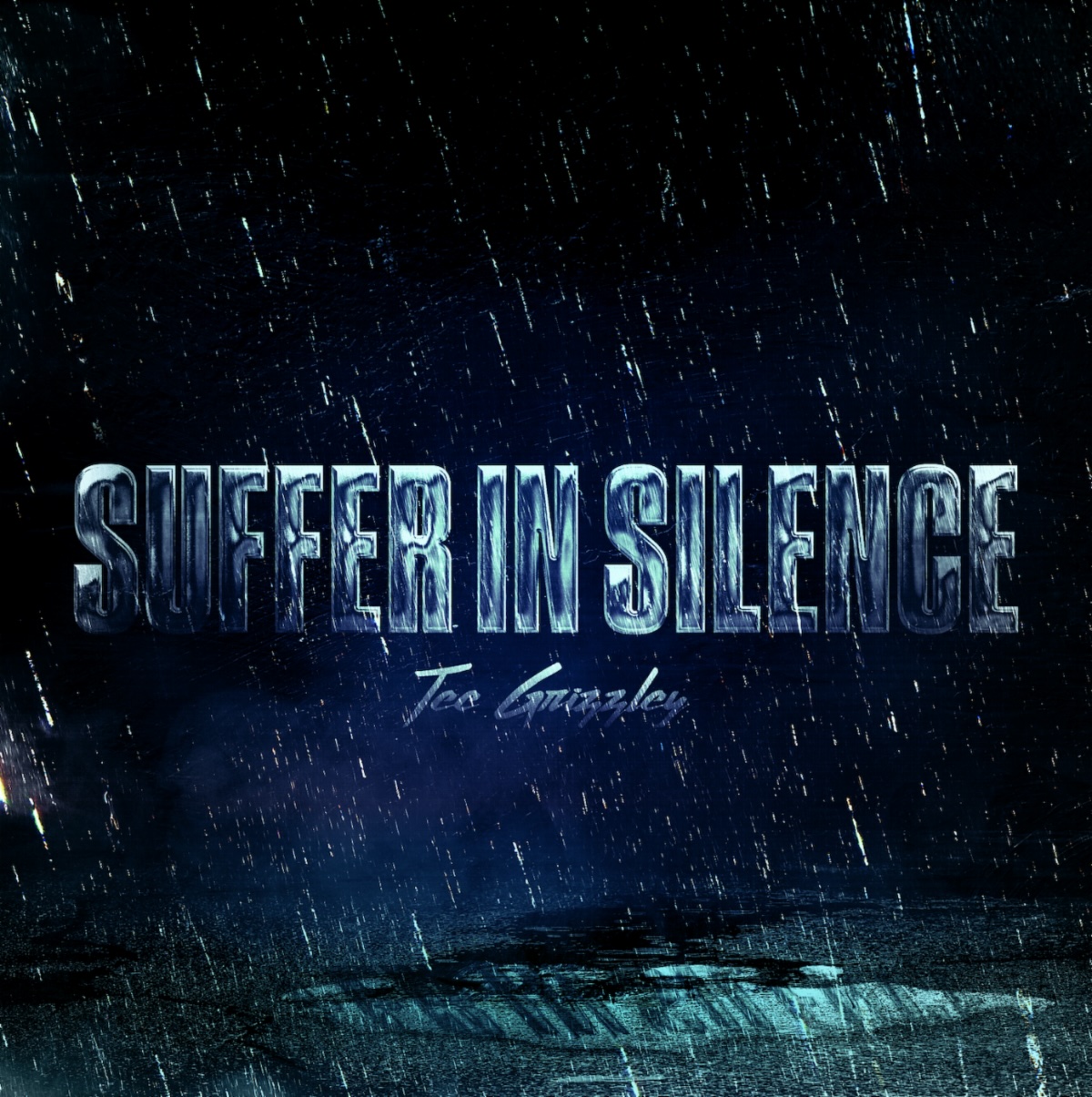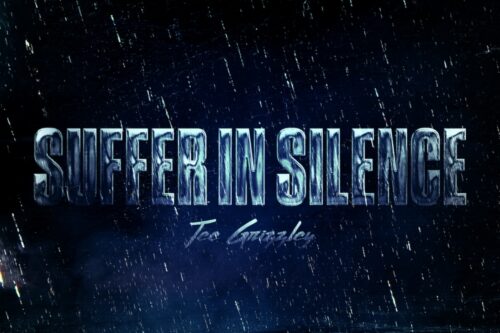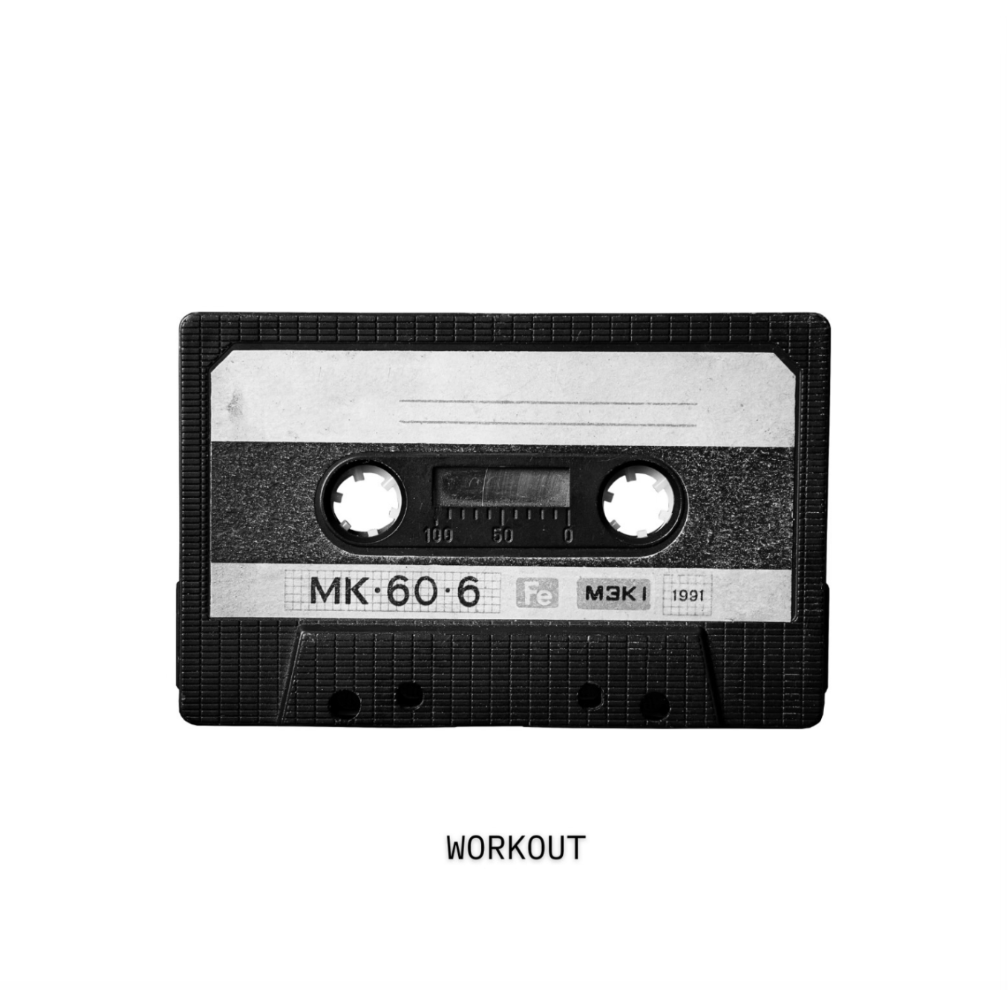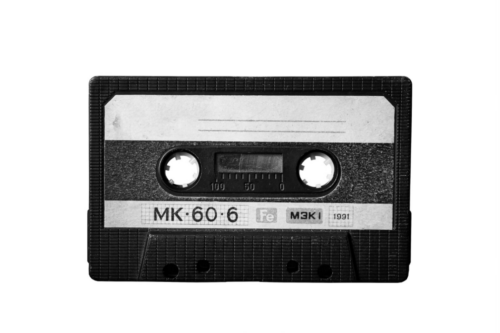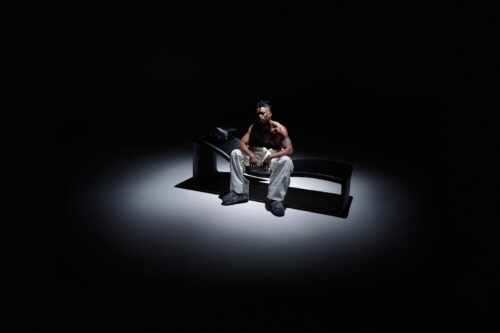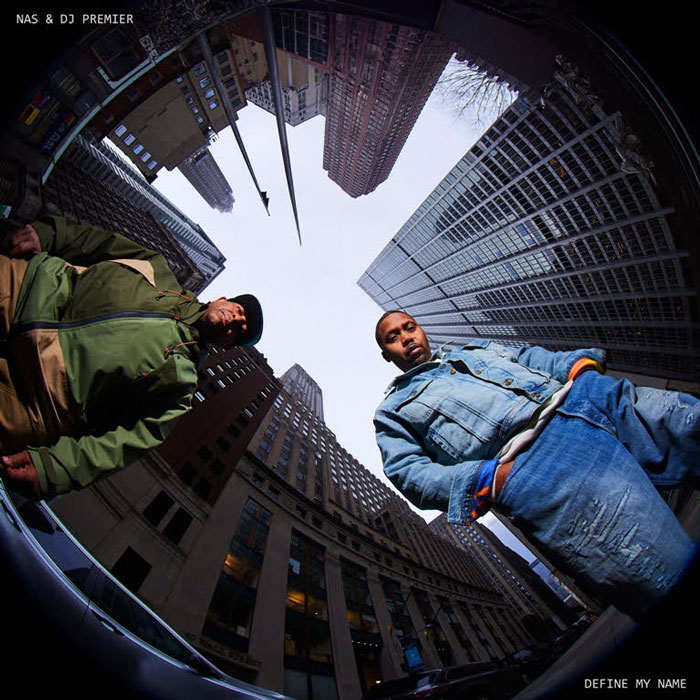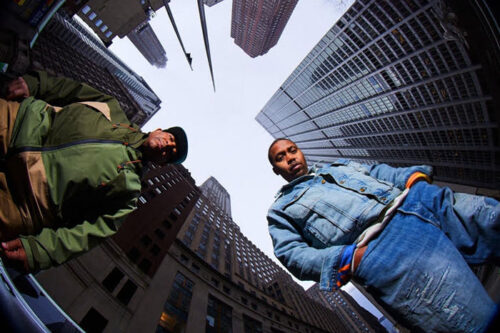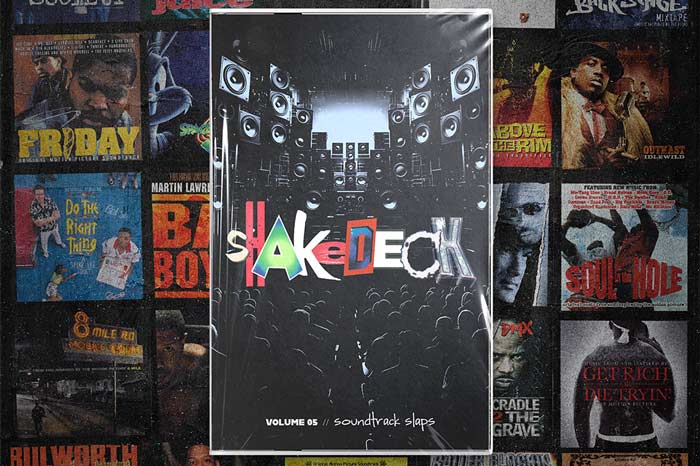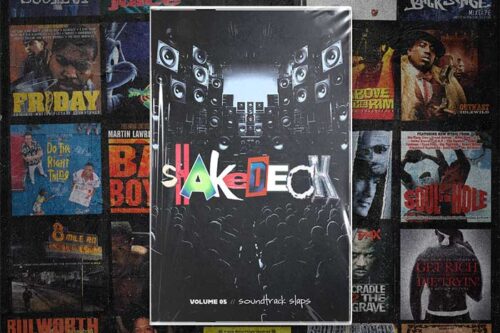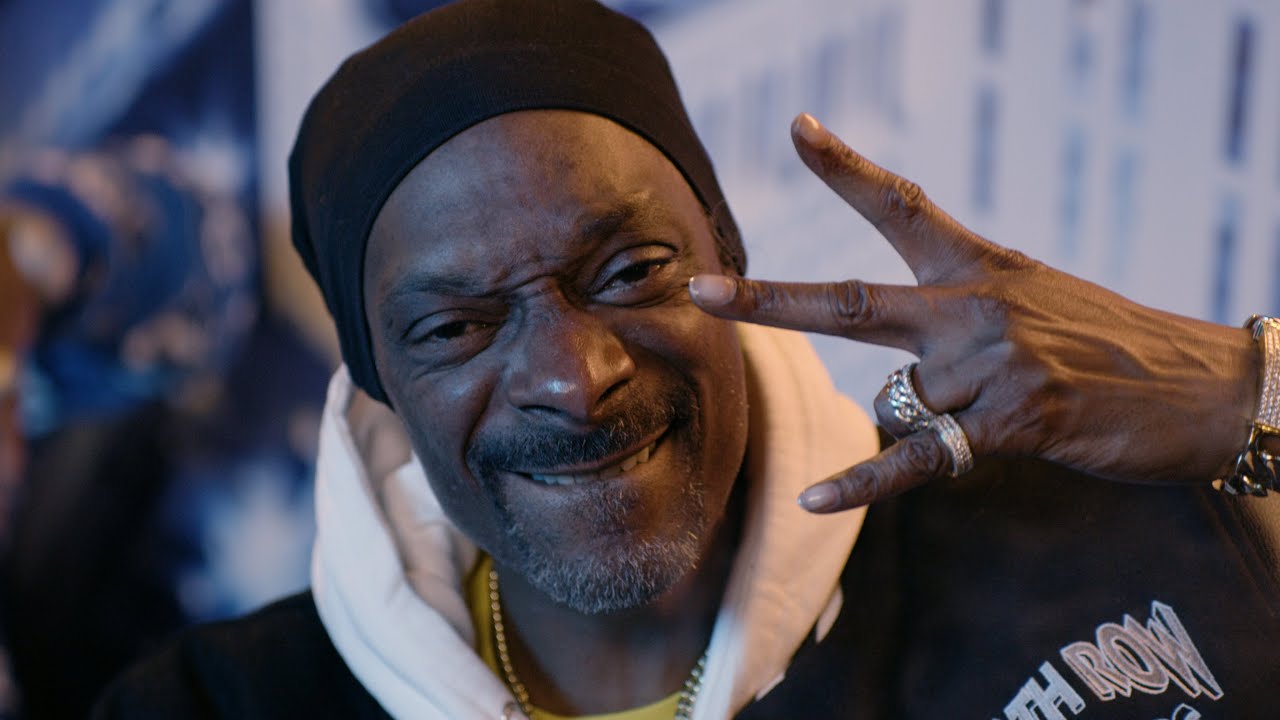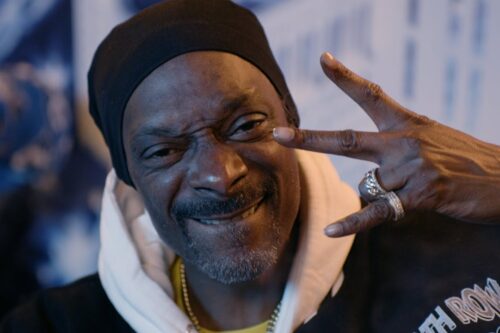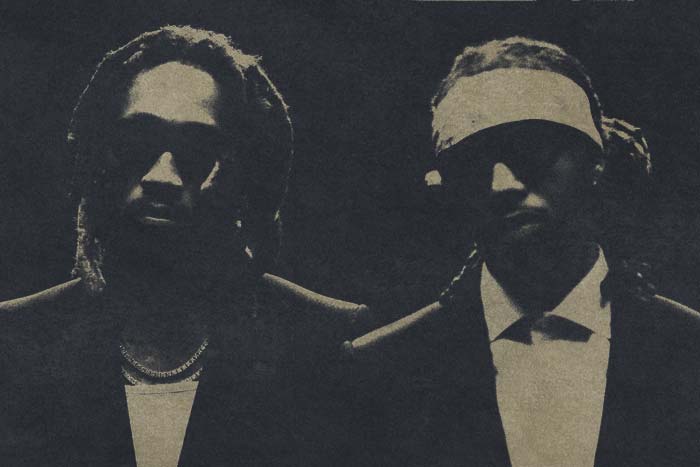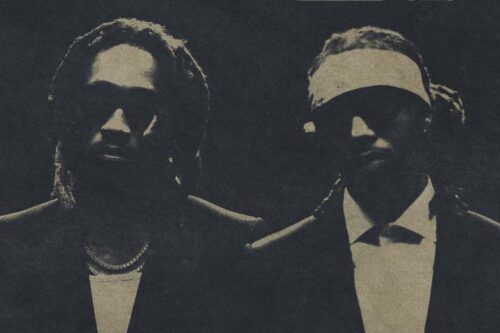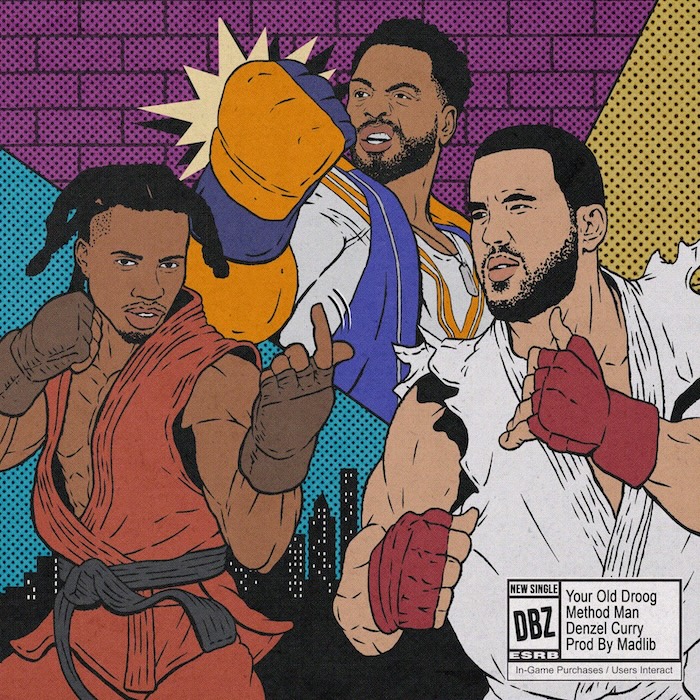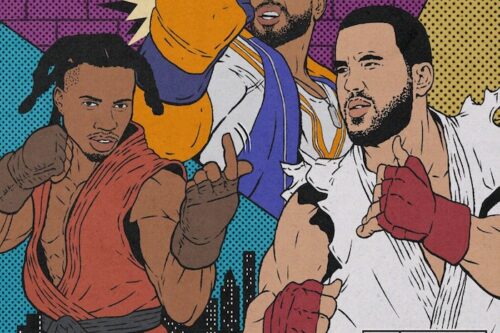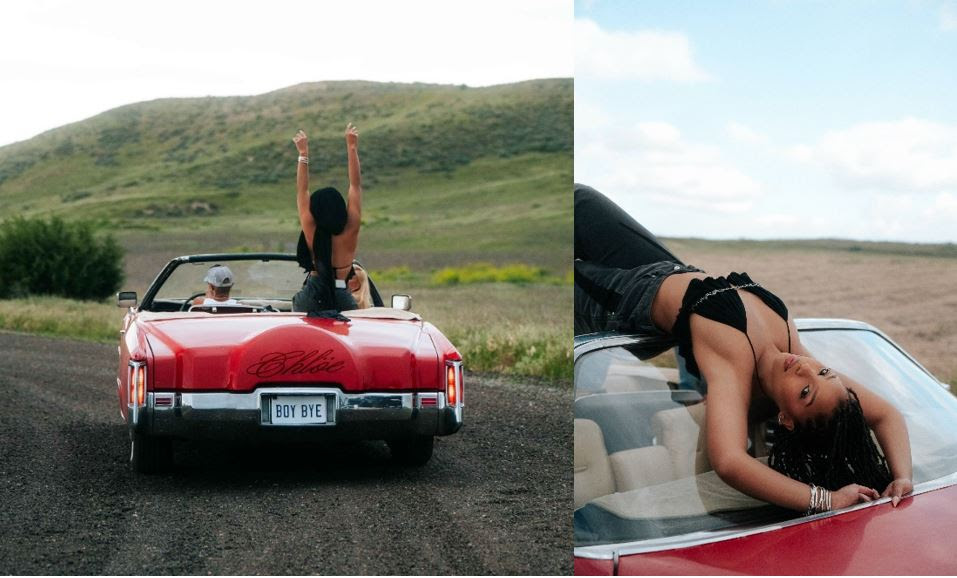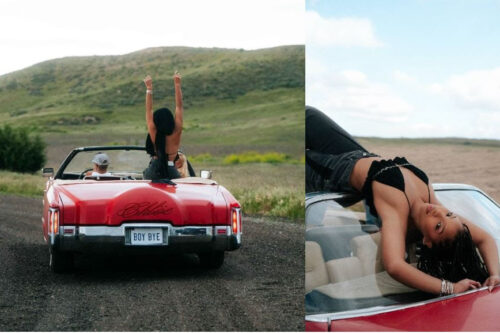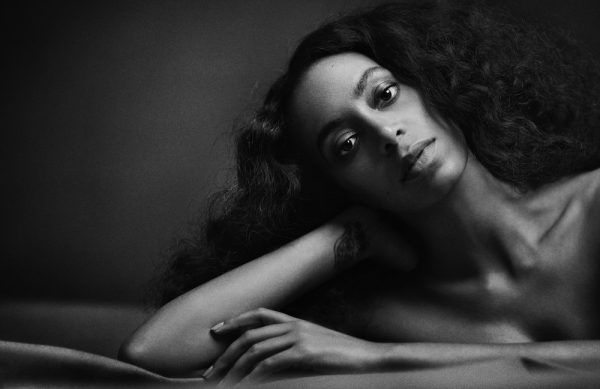
Solange and Beyoncé — sisters, if you weren’t aware — had two of the best albums released across any genre last year. A Seat At The Table and Lemonade were both critical and commercial successes, and while I’m sure there’s no direct sisterly competition of who can get the better review from whatever outlet, these two albums will be discussed and debated as to which is better not only because of their familial ties but also because of how they manage to tackle race, family, marriage and more in the pop realm.
In December, Beyoncé called Solange for Interview Magazine, and they talked about how Solange — the focal point of the interview — made the album, produced a lot of her music, what it’s like being a mother (the interview happened right after Solange got out of a parent-teacher conference) and a woman and more.
Below are snippets from the interview and the ensuing photoshoot. Head to Interview Magazine to read the full thing.
On producing, writing, choreographing and handling all of her own music:
“For one, I got to have a lot of practice. Growing up in a household with a master class such as yourself definitely didn’t hurt. And, as far back as I can remember, our mother always taught us to be in control of our voice and our bodies and our work, and she showed us that through her example. If she conjured up an idea, there was not one element of that idea that she was not going to have her hand in. She was not going to hand that over to someone. And I think it’s been an interesting thing to navigate, especially watching you do the same in all aspects of your work: Society labels that a control freak, an obsessive woman, or someone who has an inability to trust her team or to empower other people to do the work, which is completely untrue. There’s no way to succeed without having a team and all of the moving parts that help bring it into life.”
Getting Master P on the album (she said he reminds her of her dad):
“One of the things that was really, really deep for me in talking to Dad is his experience of having the community choose you [as one of the first students to integrate his Southern elementary and junior high school]—to do that, to go out and be the warrior and the face of that is just such an incredible amount of pressure. And to evolve from that and still have your sense of independence and still have your stride and your strength, and to dream big enough that you can create something from the ground up bigger than any community, neighborhood, or those four corners … I remember reading or hearing things about Master P that reminded me so much of Dad growing up.”
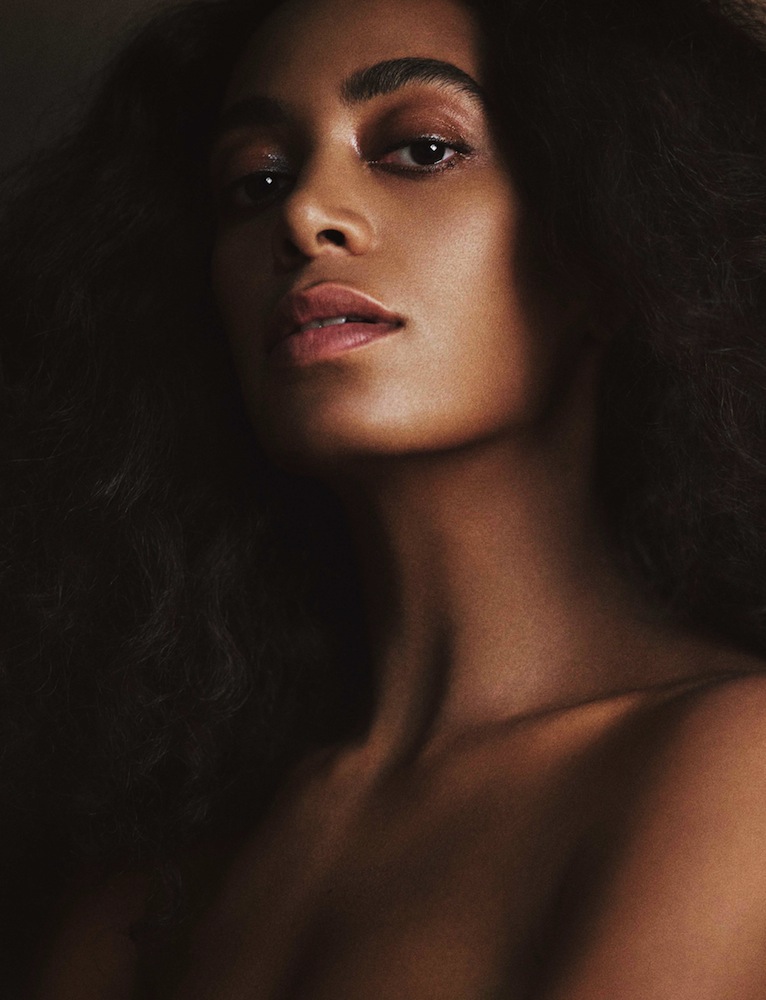
On misconceptions people still have with strong women:
“One thing that I constantly have to fight against is not feeling arrogant when I say I wrote every lyric on this album. I still have not been able to say that. That’s the first time I’ve actually ever said it, because of the challenges that we go through when we celebrate our work and our achievements. I remember Björk saying that she felt like, no matter what stage in her career, if a man is credited on something that she’s done, he’s going to get the credit for it. And, unfortunately, that still rings true. It’s something I’ve learned so much about from you, getting to be in control of your own narrative. And, at this point, it should be an expectation, not something that you’re asking permission for.”
Growing up in Houston:
“We grew up in the same neighborhood that produced Scarface, Debbie Allen, and Phylicia Rashad. So, culturally, it was as rich as it gets. People were warm. People were friendly. But the biggest thing that I took from it is the storytelling. I feel like, in the South in general, but specifically in our world growing up, people were expressive and vivid storytellers. In the hair salon or in the line at the grocery store; there was never a dull moment. I feel so happy that I got to grow up in a place where you could be the pastor’s wife, you could be a lawyer, you could be a stripper on the side, you could be a schoolteacher—we saw every kind of woman connect on one common experience, which was that everyone wanted to be great and everyone wanted to do better.”
